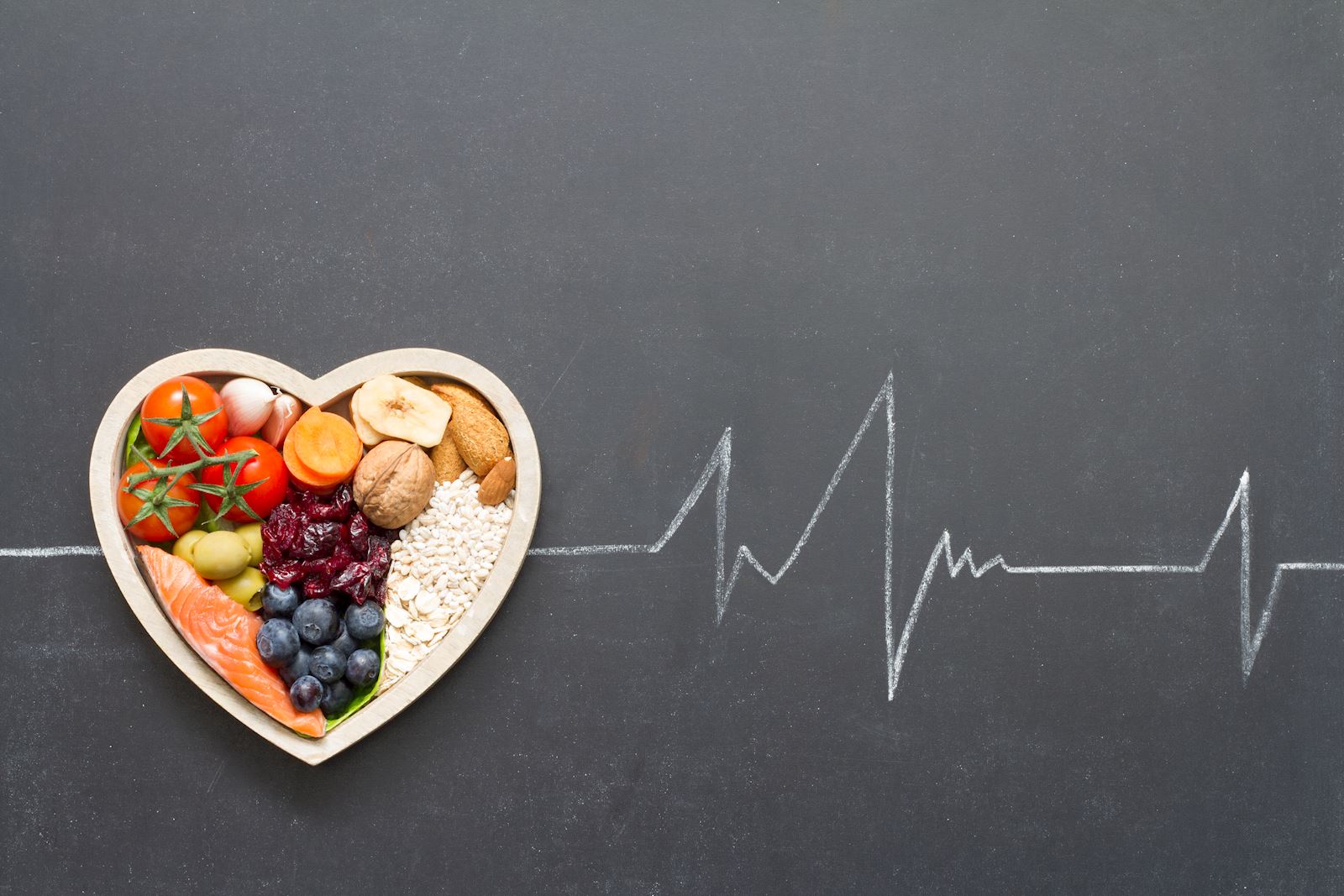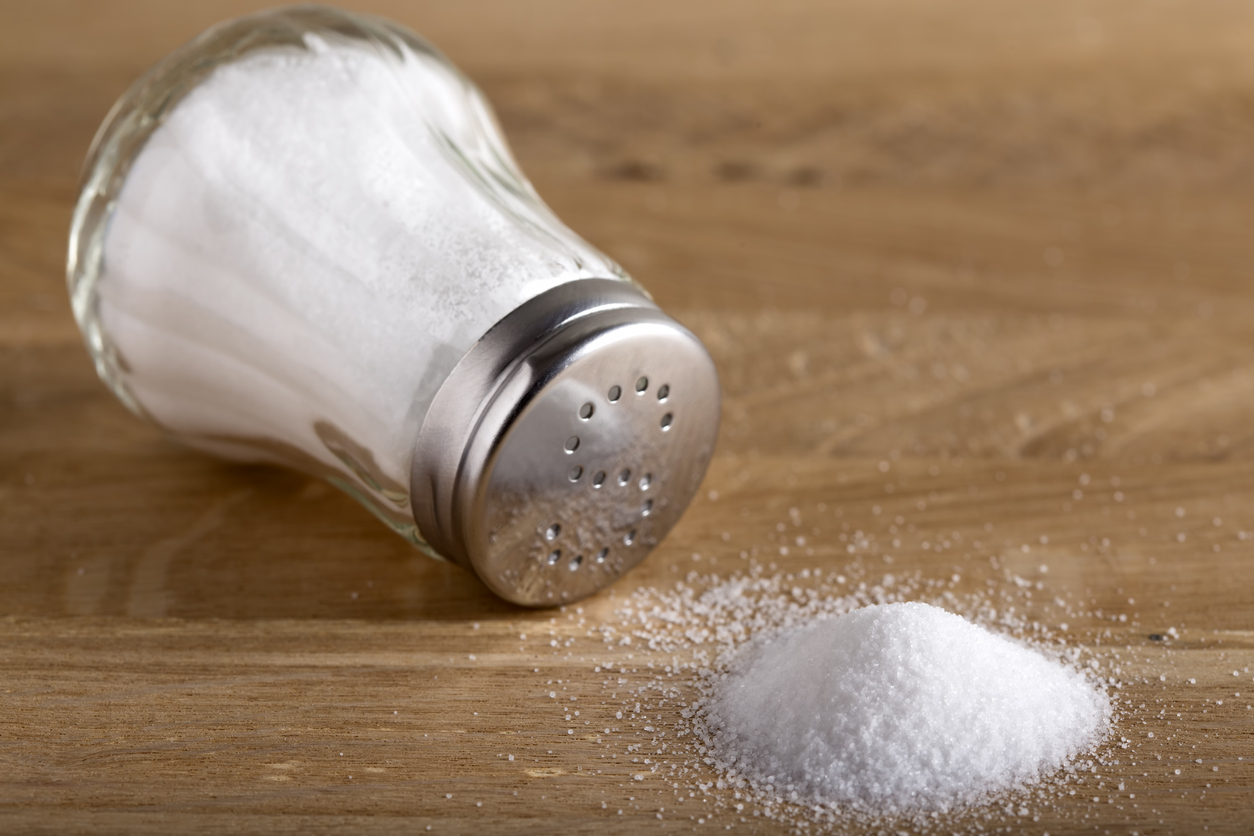Humans and salt have a long, intertwined history. Besides needing small amounts of the mineral to survive, humankind has developed a taste for salt, used it as currency, cured foods with it — even fought wars over it.
Salt is now plentiful in the American diet. Too plentiful. The average American consumes far more than the recommended amount of salt a day and that’s particularly hard on the aging human body. Understanding the impact and knowing how to lessen it can help the golden years be healthier and, well, less salty.
Salt or sodium?
First a quick word on the terms “salt” and “sodium.” They’re often used interchangeably, but they’re not the same. If you remember from chemistry class, sodium chloride is the chemical name for salt. Sodium is a mineral and it’s one of the chemical elements in salt. In the American diet, 90% of sodium comes from table salt.
Sodium and the aging body
A high-sodium diet has many negative impacts on our bodies as we get older.
Stresses organs
Time takes a toll on our organs including the kidneys which remove excess salt from our system. With age, the amount of tissue in the kidneys decreases and blood vessels in the organ harden so the kidneys filter the blood more slowly. When you consume excess salt, your kidneys must do more work to remove it and the excess fluid in the body. That fluid build-up also stresses aging hearts because it increases blood pressure and that makes your heart work harder.
Amplifies chronic conditions
Reducing salt intake is recommended for most people over age 50, but it’s especially important if you’re living with a chronic health condition.
High blood pressure – Excess sodium in the diet raises blood pressure which can increase the odds of a stroke or heart attack.
Chronic Kidney Disease (CKD) – Beyond the impact of aging on your kidneys, if you have CKD your kidneys don’t function properly and it’s even harder for them to remove excess salt and fluid from your system.
Osteoporosis – Some studies show that salt has an impact on our bones, particularly for post-menopausal women. Regular table salt can weaken bones over time through calcium loss and that can lead to easier breaks.
Diabetes – People living with diabetes need to monitor their sugar and glucose levels as well as their salt intake. Diabetes and heart disease are closely linked; adults with diabetes are almost twice as likely to die from heart disease as people who aren’t diabetic.
What’s the solution?
It’s pretty simple: Consume less salt. The USDA’s 2020-2025 Dietary Guidelines for Americans recommends that healthy adults consume less than 2,300 milligrams of sodium a day. For people with chronic health conditions, especially heart disease, the daily intake may need to be even less. The American Heart Association recommends 1,500 milligrams of sodium a day for ideal heart health. Talk to your doctor about what’s right for you.
Three ways to shake the salt habit
- Reduce your use of packaged foods – About 70% of our dietary sodium comes from prepared and packaged goods.
- Eat out less – Restaurant meals are usually high in sodium.
- Read the label – It takes just a few seconds to check the sodium content in the packaged food you buy. Choose low sodium options when you can.
Mom's Meals® can help
Most packaged foods from the grocery store are convenient and tasty but they’re often very high in sodium. If you don’t have the time or energy to cook for yourself but you need to watch your sodium intake, try Mom’s Meals. The lower sodium options contain 600 mg or less of sodium and have been developed based on nutritional guidelines of the American Heart Association.
Sources:
https://www.kidney.org/news/kidneyCare/spring11/A-SaltKidneys
https://www.cdc.gov/heartdisease/sodium.htm
https://medlineplus.gov/ency/article/004010.htm
https://www.fda.gov/food/nutrition-education-resources-materials/sodium-your-diet
https://www.everydayhealth.com/type-2-diabetes/diet/salt-bad-diabetics/



